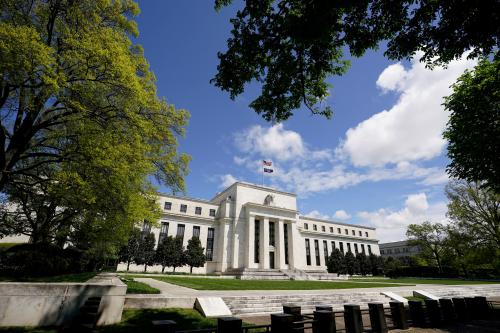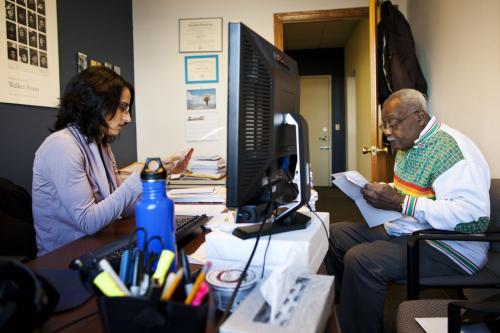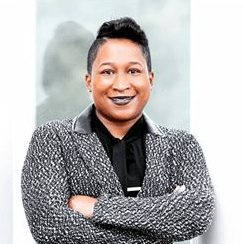On November 2, 2021, Brookings Metro Fellow Kristen Broady testified to the U.S. House Financial Services Committee’s Task Force on Financial Technology, during a hearing titled Buy Now, Pay More Later? Investigating Risks and Benefits of BNPL and Other Emerging Fintech Cash Flow Products.
Broady’s research, as detailed in her written testimony, shows how fintech companies can mitigate racial financial health and wealth gaps that hamper Black and Hispanic families’ financial security through product offerings and policies they put in place. Through technology and automation, they can reduce costs and prices, speed up delivery and increase convenience for underserved populations (Saunders, 2019). Over the past 20 years, fintech companies have provided new ways to capture data, reach broader audiences, and expand access to credit (Strochak, 2017). These companies also have the potential to think differently about policies and programming that can amplify opportunities for Black and minority communities. These private sector innovations can be paired with public policy interventions as well as to address some of the systemic issues that have contributed to the financial health and wealth gaps.
Broady provides several steps that public policymakers can take to increase financial health, including:
- Increase investments in the CDFI Fund and make any relevant programs that sunset (like NMTC) permanent.
- Create a mandatory financial health curriculum for middle and high schoolers.
- Enhance broadband deployment.
- Raise minimum wage for companies with over 500 employees.
- Foster utilization of the CFPB Special Purpose Credit Program (SPCP).
- Revise and revive the SBIC program under the SBA to incentivize private sector investments in BIPOC founders.
- Revise SBA 7(a) program to enable fintechs to more easily engage with the program.
The ongoing COVID-19 pandemic has disproportionately impacted the Black community in terms of health and economic effects and shined a light on historical racial wealth and financial health gaps in America. Closing these gaps will require that structural, systemic, and historical economic disparities are addressed through significant public policy changes.
To read Broady’s full testimony, click here. To watch the testimony video, click here.
The Brookings Institution is committed to quality, independence, and impact.
We are supported by a diverse array of funders. In line with our values and policies, each Brookings publication represents the sole views of its author(s).







Commentary
TestimonyHow Fintech Companies Can Mitigate the Racial Wealth Gap
November 8, 2021